5 Reasons Why Collecting Payments with a PDF Form Isn’t PCI Compliant
EBizCharge
JULY 19, 2024
By understanding these pitfalls, businesses can take proactive steps to adopt more secure payment processing solutions. Here are five reasons why PDF forms fall short of the stringent requirements for secure credit card transactions. 1. Insecure storage Storing payment card data requires secure systems to prevent breaches.

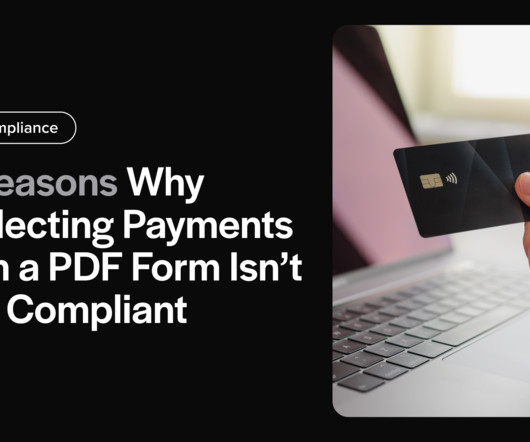
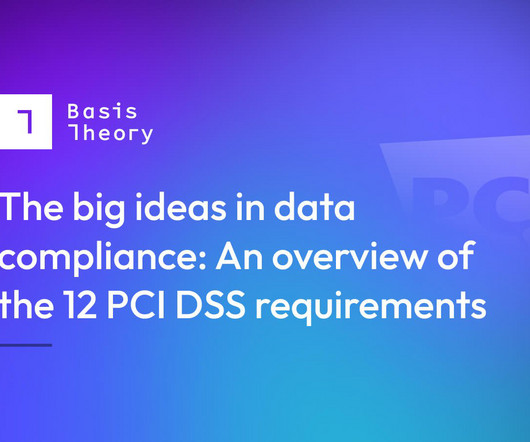

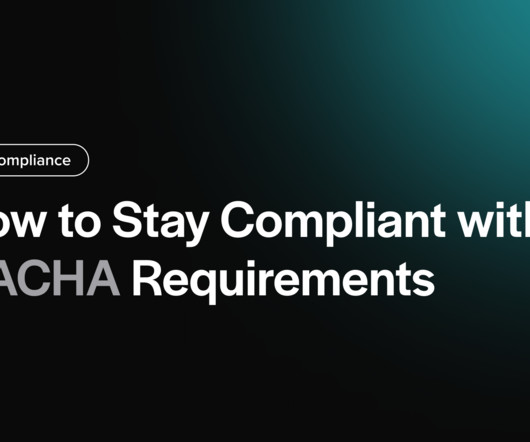
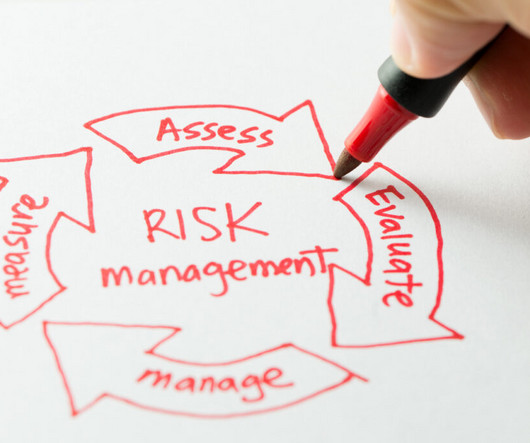


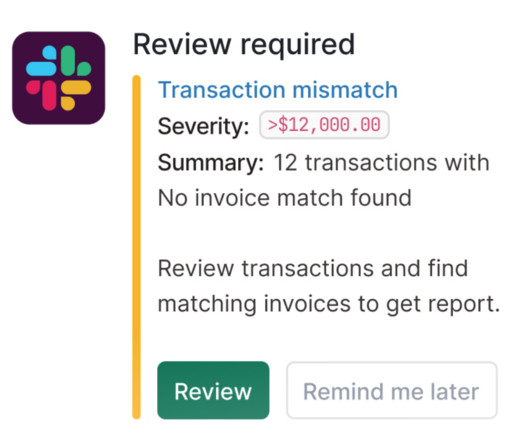







Let's personalize your content